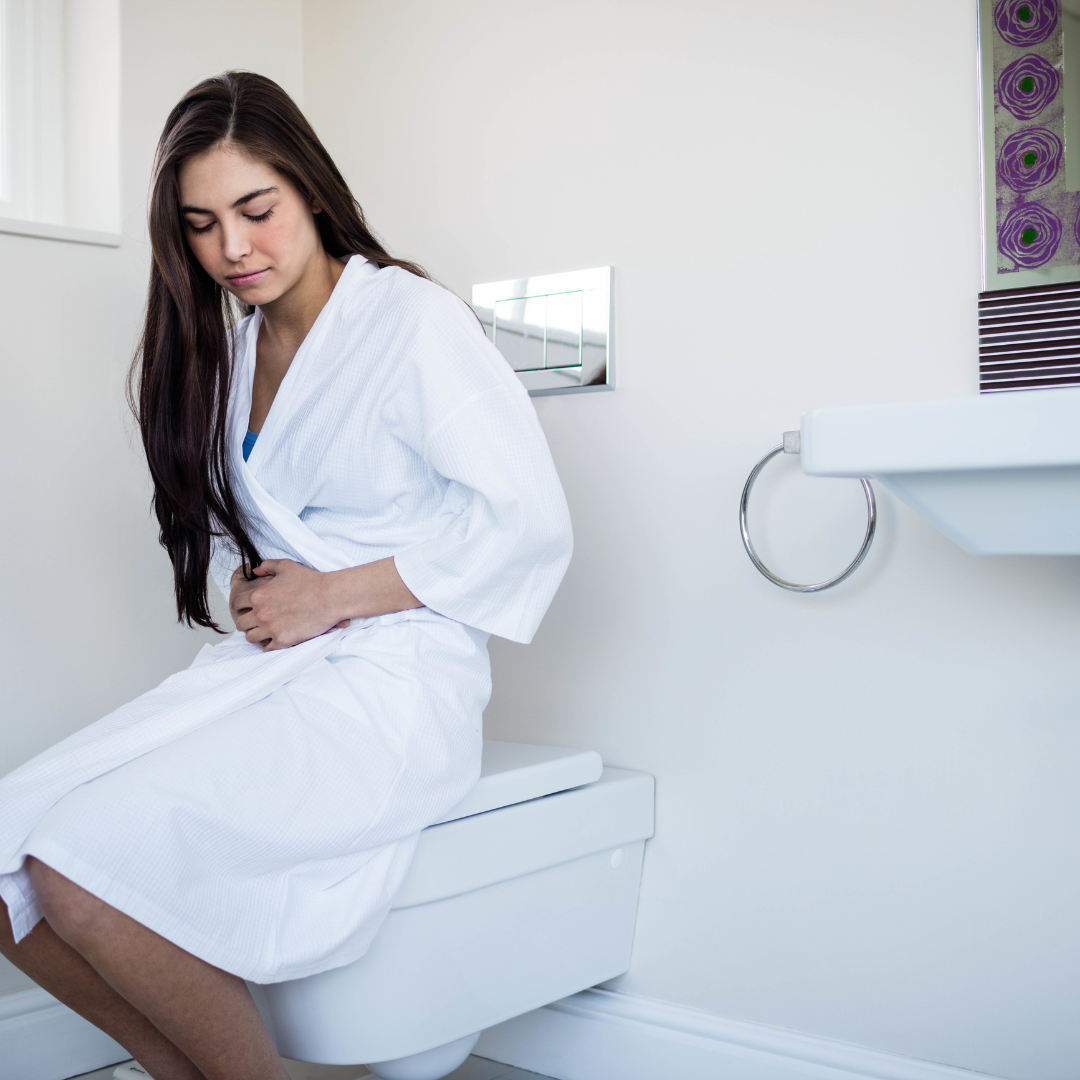How Do I Know If I Have A Sexually Transmitted Infection?

You may be wondering how you can tell if you have a sexually transmitted infection. After all, some infections don't have any symptoms at all. So how can you tell for sure if you've contracted something?
In this post, we'll discuss the most common symptoms of STIs, and we'll also give you a few tips on how to get tested.
There's no need to be embarrassed: we all want to know how to protect ourselves from STIs. So, let's get started.
The first step is understanding the signs and symptoms of STIs. Many STIs don't have any symptoms, so the only way to know for sure is to get tested. However, there are some common symptoms to watch out for.
If you have any of the following symptoms, see a doctor or health care provider as soon as possible:
-Pain or burning when you pee
-Sores, blisters or bumps on or around your genitals
-Itching or irritation in your genital area
-A rash on your genitals
-Unusual discharge from your penis or vagina
-Bleeding outside of your menstrual cycle
What Is an STI?
There are a lot of different sexually transmitted infections (STIs) out there, and it can be tough to know which one you might have. So, how do you know if you have an STI?
There are a few key symptoms to look out for. If you have any of the following symptoms, it's important to see a doctor as soon as possible:
- Unusual discharge from the penis or vagina
- Pain or burning when urinating
- Sores, blisters or rashes on the genitals
- Bleeding outside of your period
- Swelling or pain in the pelvic area
- Extreme fatigue
How Do STIs Spread?
There are different ways that STIs can be spread. Some STIs, like HIV, can be spread through contact with infected blood, semen, or vaginal fluids. Other STIs, like gonorrhea and chlamydia, can be spread through contact with infected genital skin or mucous membranes.
STIs can also be spread through contact with infected skin or mucous membranes in other parts of the body. For example, herpes can be spread through contact with a lesion on the skin or mouth, and HPV can be spread through contact with a wart or sore.
It's important to know how STIs are spread so that you can take steps to protect yourself and your partner. If you have any questions about how an STI is spread, talk to your healthcare provider.
What Are the Symptoms of STIs?
So how do you know if you might have an STI? Well, the first step is to familiarize yourself with the symptoms. Many STIs don't have any symptoms at all, so it's important to get tested regularly, even if you don't think you're at risk.
But if you are experiencing any of the following symptoms, it's worth getting checked out:
-Unusual discharge from the penis or vagina
-Sores, blisters or rashes on the genitals
-Itching or burning around the genitals
-Pain when urinating
-Swollen lymph nodes in the groin
When Should I Get Tested for STIs?
So, you're worried you might have an STI? The first step is to find out for sure. The best way to do this is to get tested. You can go to your doctor or a sexual health clinic for a test, or you can order a home testing kit online.
When should you get tested? That depends on your risk factors. If you've had unprotected sex, if you've shared needles with someone else, or if you have any symptoms that might suggest an STI, then it's best to get tested as soon as possible.
However, if you're not sure whether or not you need to get tested, the best time to go for a test is 6 months after the last time you had unprotected sex. That gives your body enough time to develop any antibodies that might be present.
Conclusion
So, you've read through all of the signs and symptoms of sexually transmitted infections, and you're still not sure if you have one. What do you do now?
Well, the first step is to get yourself checked out by a doctor. They will be able to give you a diagnosis and start you on the road to recovery. If you do have an STI, don't worry—there are plenty of treatments available, and most of them are very effective.
The most important thing is to get help as soon as possible. Delaying treatment can not only harm your health but also increase the risk of transmitting the infection to others. So don't hesitate—get yourself checked out today!



